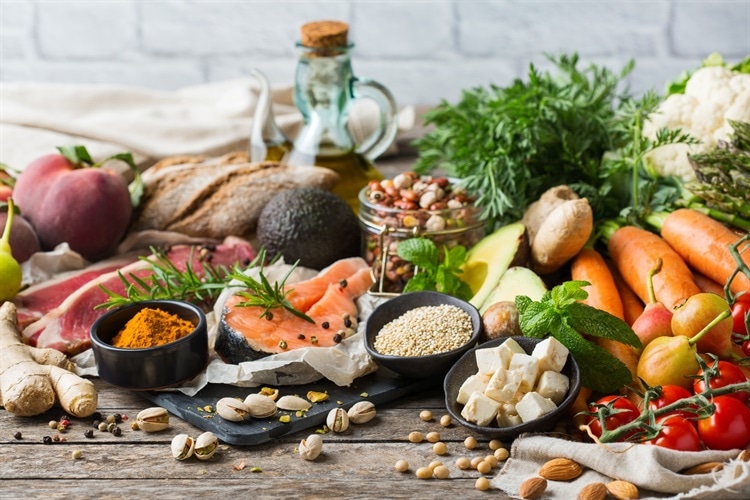Meeting the nutritional needs for pregnant women is vital for both mother and baby. A well-balanced diet supports fetal growth, reduces complications, and strengthens maternal health. During pregnancy, the body requires extra vitamins, minerals, protein, and healthy fats. Foods rich in iron, folic acid, and calcium protect against deficiencies and encourage strong bone and brain development. Proper nutrition also boosts energy, supports immunity, and eases common pregnancy discomforts. Understanding how to meet these demands helps expectant mothers stay healthy throughout all trimesters. With mindful choices, nutrition becomes a foundation for a safe, smooth pregnancy and a thriving baby.

Why Nutrition Matters in Pregnancy
Good nutrition shapes a healthy pregnancy and lowers risks of complications. A mother’s diet influences a baby’s organ development, weight, and brain growth. Lack of essential pregnancy nutrition may lead to anemia, fatigue, or premature birth. On the other hand, a diet with whole grains, lean protein, and prenatal vitamins supports steady energy and fetal growth. Pregnant women also need more fluids to prevent dehydration. Every meal is an opportunity to fuel the body and provide nutrients for both mother and child.
Key Nutrients for Pregnant Women (120 words)
Certain nutrients carry extra importance during pregnancy.
- Folic acid prevents birth defects and supports cell formation.
- Iron increases blood supply and prevents anemia.
- Calcium strengthens bones and teeth for both mother and baby.
- Omega-3 fatty acids aid brain and eye development.
- Vitamin D improves calcium absorption and boosts immunity.
- Protein helps tissue growth and muscle development.
Balanced meals that combine fruits, vegetables, whole grains, and dairy ensure these nutrients are available daily. Supplements, such as prenatal vitamins, can fill gaps if diet alone falls short. Together, these nutrients protect maternal health and encourage strong, healthy fetal development.
Daily Diet Guidelines
Following clear guidelines simplifies pregnancy nutrition. Each meal should include a balance of complex carbohydrates, lean protein, and healthy fats. Whole foods provide more stability than processed items. Breakfast may feature oats with fruit and yogurt. Lunch can include brown rice, vegetables, and chicken or legumes. Snacks like nuts or smoothies keep energy levels steady. Hydration is equally important, with water and natural juices supporting circulation. Small, frequent meals help reduce nausea and indigestion. By creating variety in the diet, mothers avoid deficiencies and keep their digestive system comfortable. Structured eating patterns form a consistent foundation for meeting nutritional needs for pregnant women.

Foods to Avoid During Pregnancy
Alongside healthy choices, certain foods require caution. Pregnant women should limit caffeine and avoid alcohol completely. Undercooked seafood, raw eggs, and unpasteurized dairy increase the risk of infections. Processed meats may contain harmful bacteria or excess salt. High-sugar and deep-fried foods add empty calories and may lead to unnecessary weight gain. Reading labels, cooking meals at home, and practicing food safety help reduce risks. Mindful avoidance ensures mothers protect both themselves and their growing babies from preventable complications.
Practical Tips for Meeting Nutritional Needs
Pregnancy nutrition works best with planning. Creating a weekly meal plan saves time and ensures nutrient diversity. Keeping healthy snacks on hand prevents energy crashes. Including colorful vegetables in every meal improves nutrient intake. Light exercise, along with balanced meals, aids digestion. Listening to hunger cues helps regulate portions naturally. Consistency and variety remain key to meeting nutritional needs for pregnant women throughout all stages of pregnancy.

Conclusion
Understanding the nutritional needs for pregnant women empowers mothers to make healthier choices for themselves and their babies. With balanced meals, key supplements, and safe food practices, pregnancy becomes smoother and more nourishing. A mindful diet builds the foundation for healthy delivery and lifelong well-being for both mother and child.
